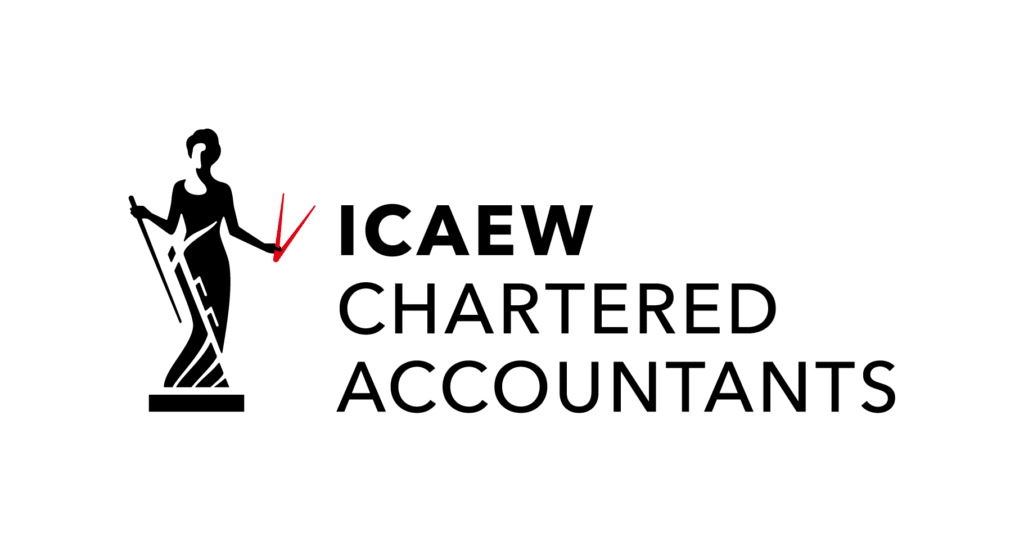In the UK, your tax code plays a vital role in determining how much income tax is deducted from your salary or pension. Issued by HMRC, tax codes are often a source of confusion—but understanding them is key to making sure you’re paying the correct amount of tax and taking home what you’re entitled to each month.
What Is a Tax Code?
While tax codes may seem like a random mix of letters and numbers, they actually follow a clear pattern. The numbers represent your personal allowance—the amount you can earn before being taxed. The letters provide further information about your tax situation and any special circumstances.
Example:
One of the most common tax codes is 1257L, which means:
-
You have a personal tax-free allowance of £12,570
-
The letter ‘L’ indicates you’re eligible for the standard personal allowance
Other Common Tax Codes and What They Mean
-
M – You’ve received 10% of your partner’s personal allowance through the Marriage Allowance
-
N – You’ve transferred 10% of your allowance to your partner via the Marriage Allowance
-
BR – All your income is taxed at the basic rate (20%)
-
0T – No personal allowance is applied; all income is taxed at the relevant rate
-
D0 – All income is taxed at the higher rate (40%)
-
NT – No tax is deducted from your income
-
W1, M1, or X – Indicates emergency tax has been applied, usually when HMRC hasn’t received updated income details
Less Common Codes You Might See
-
K – Income not taxed through other means exceeds your personal allowance. Often used when repaying tax owed from a previous year or if receiving taxable benefits
-
S – Your income is taxed using Scottish tax rates
-
C – Your income is taxed using Welsh tax rates
Note: Tax codes can also start with S or C (e.g., S1257L or CBR) to indicate that Scottish or Welsh tax rates apply.
Why Tax Codes Change
Tax codes aren’t fixed—they change based on your circumstances. Common reasons include:
-
Starting a new job
-
Receiving benefits or additional income
-
Changes to your personal allowance
If your tax code changes and you’re unsure why, it’s always best to contact HMRC. An incorrect tax code can lead to overpaying or underpaying tax, which might result in a refund or a tax bill.
Need Help?
At Bakr&Co, we’re here to help with any questions about your tax code, payroll, or anything else accounting-related. Don’t hesitate to reach out—our expert team is always happy to assist.



One Response
There is a serene depth in the writing. Ideas are explored patiently, allowing the reader to perceive subtle connections, resonance, and insight gradually.